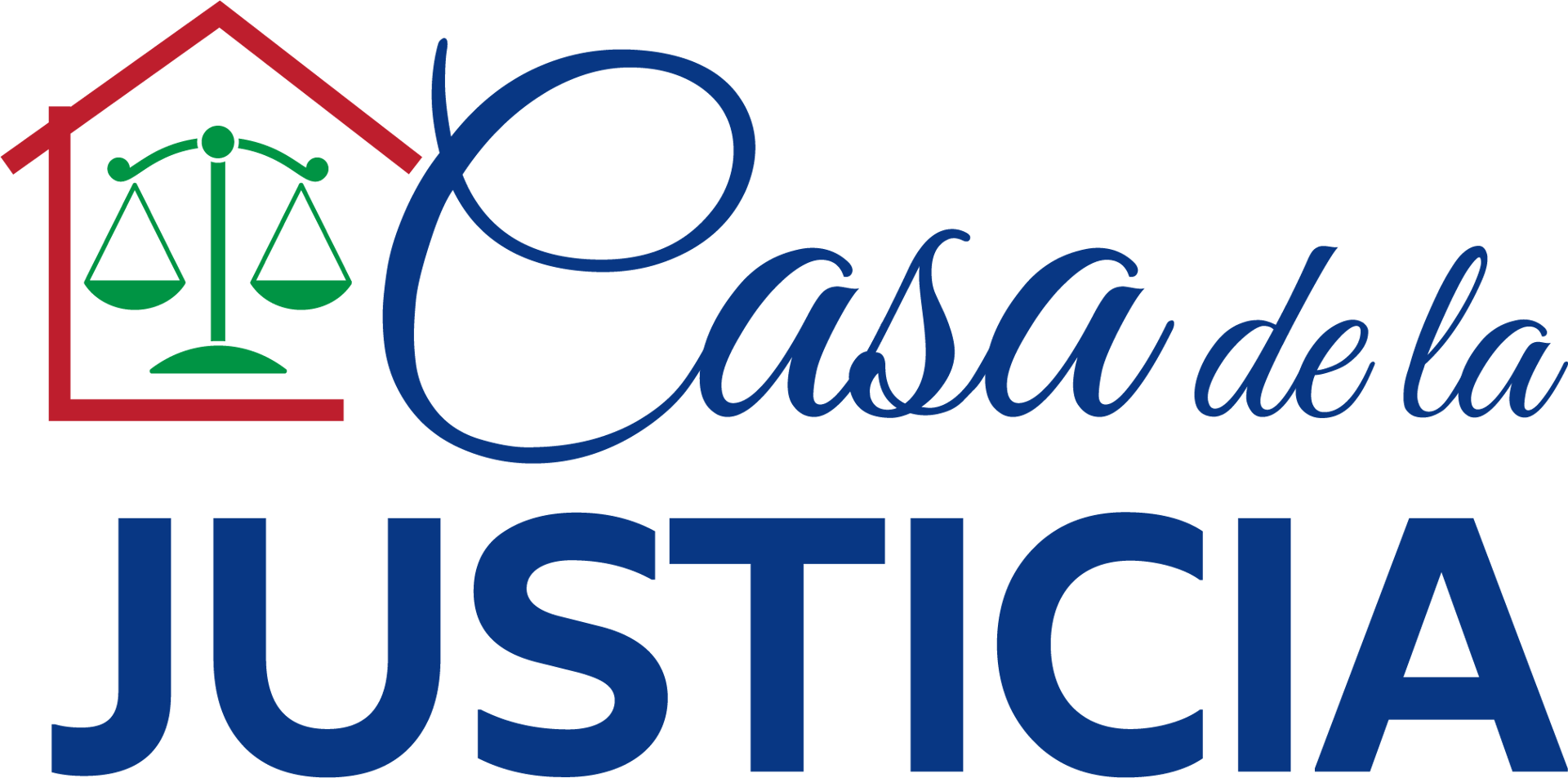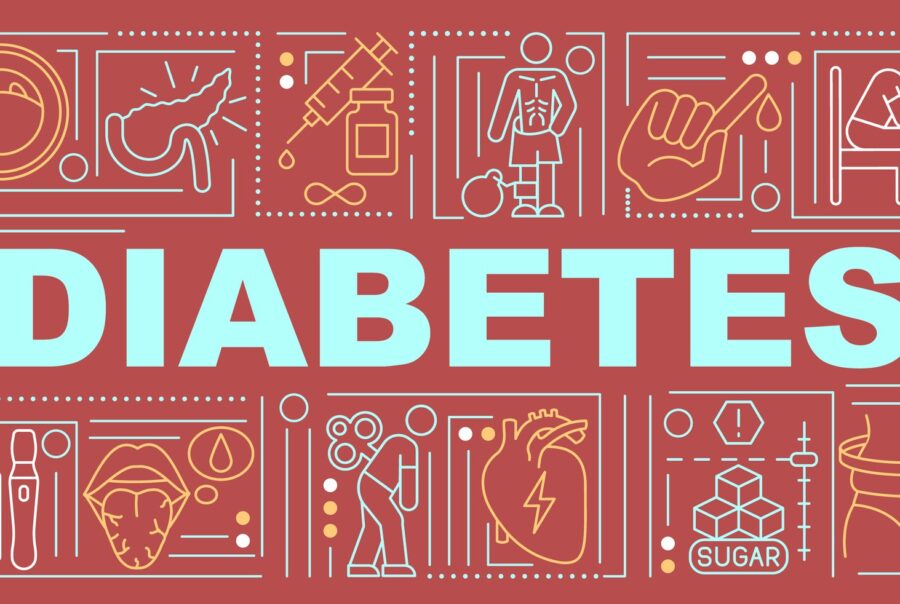
What is Substantial Gainful Activity (SGA) and how does it affect your application for monthly disability payments from Social Security?
One of the most critical aspects when applying for monthly Disability payments from Social Security (SSA) or if you’re already receiving them is knowing what the Substantial Gainful Activity, or SGA, is and how it plays a major role in your application. Knowing what SGA means can make a significant difference in how you manage your claim with Social Security.
In this article, we’ll break down what SGA is, how it affects your disability benefits, and the exceptions you should be aware of.
What Is Substantial Gainful Activity (SGA)?
Substantial Gainful Activity, often abbreviated as SGA, is a term used by the Social Security Administration (SSA) to describe any job or task in exchange for pay, regardless of whether it’s temporary, part-time, or self-employed. Everything done for profit qualifies as SGA. In other words, SGA can refer to almost anything that involves getting paid for.
Substantial
When work includes doing required mental or physical tasks, or both.
Gainful
Work activity that is expected to or done to get paid or compensated.
The SSA uses SGA as a threshold to determine whether your work activities or earnings are substantial enough to disqualify you from receiving monthly payments for Disability (SSDI or SSI benefits).
In 2024, the Social Security Administration (SSA) defines substantial gainful activity (SGA) as a monthly amount that individuals with disabilities must earn below to receive Social Security or Supplemental Security Income (SSI) benefits:
Non-blind individuals:
must earn less than $1,550 per month
Statutorily blind individuals:
must earn less than $2,590 per month
For SSDI recipients, this threshold isn’t just about how much you earn; SSA also considers the nature of your work and how it relates to your ability to perform substantial work on a regular and continuing basis. This ensures that monthly payments for Disability are reserved for those who are genuinely unable to engage in significant work activity due to their disability.
Based on this, if you are seeking to file an application for monthly disability payments from SSA, your monthly income, if you have any, must be under the SGA threshold. If you are already receiving monthly Disability payments and your monthly income is above the SGA threshold, the SSA will review your claim and reduce or possibly terminate your monthly payments.
Request your FREE monthly Disability check for life with Casa de la Justicia now!
Impact on SSDI/SSI Eligibility
For SSDI, SGA is a key factor in determining initial eligibility and ongoing eligibility for benefits. When applying for Disability payments, as long as you don’t go past the SGA amount already established, the SSA will keep reviewing your claim and hopefully approve your monthly payments. If you are already receiving SSDI benefits and begin to earn more than the SGA limit, your benefits may be discontinued after a trial work period.
For SSI, since it is a needs-based program, ongoing eligibility and benefit amounts are influenced by total income and resources, rather than strictly SGA. When applying for SSI, SGA is a factor only during the initial disability determination, all earned income is considered when calculating the benefit amount, regardless of whether the individual is blind or non-blind. When already receiving SSI, any earnings reduce the benefit amount gradually but don’t necessarily stop benefits unless total income exceeds the program’s limits.
What Doesn’t Count as Substantial Gainful Activity (SGA)?
Voluntary or Unpaid Work:
Work that is done on a voluntary basis without pay or for minimal pay (like helping out at a charity or religious organization).
Minimal Earnings:
If your earnings are below the monthly income threshold set by Social Security or SGA ($1,550 for non-blind individuals and $2,590 for those who are blind) your work is not considered substantial gainful activity (like babysitting, rideshare driving, handyman work, delivery work, and manual labor).
Irregular or Infrequent Work:
The work you perform is sporadic, part-time, or involves limited hours that do not reflect a regular work routine, like babysitting occasionally or seasonal work (earning money only a few times a month), as long as it still is under the SGA threshold.
Sheltered Work:
Work performed in a sheltered workshop or under special conditions, such as jobs where accommodations are made to suit the needs of someone with a disability.
Non-Competitive Employment:
Jobs that are provided out of sympathy (like a family-owned business), in which the employer is not expecting the usual productivity or efficiency from the worker.
Medical Therapy or Training Programs:
Activities that are part of a medical or vocational rehabilitation program, where the focus is on therapy or learning rather than earning income.
Self-Care and Household Tasks:
Personal activities such as taking care of your own household like cooking meals and managing your own laundry, engaging in hobbies like gardening or crafting at home, or attending to your own personal needs.
Although these sources of income are not considered SGA, the SSA does take them into account when determining monthly payments for Disability. So please keep the SSA informed when you are receiving any income that gets close to the SGA threshold so you don’t run the risk of losing your monthly payments for Disability.
If you are thinking or looking to go back to work but still want to keep your monthly payments Disability benefits, we suggest you read our blog on Can You Work While Receiving Monthly Payments for Disability from Social Security? here.
Blog post
Can You Work While Receiving Monthly Payments for Disability from Social Security?
Conclusion
Substantial Gainful Activity (SGA) plays a crucial role in determining eligibility for SSDI and SSI benefits. Understanding what SGA is and how it affects your monthly payments for Disability is essential for anyone receiving or considering applying for monthly payments for Disability from SSA. While the rules can be complex, knowing the basics of SGA, its impact on your eligibility, and the exceptions available can help you navigate the system more effectively. If you have specific questions or concerns, it’s always a good idea to check with us at Casa de la Justicia. Our experienced attorneys can help you fill out your application or, if you’ve been denied monthly payments for Disability from SSA, we can file an appeal. Simply call us at 1 800 840 4040, no cost out of pocket for you.
WINNING begins with a CALL
Casa de la Justicia
your lawyers for all your legal situations




